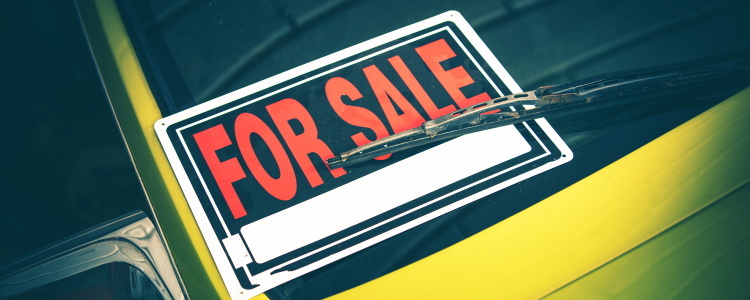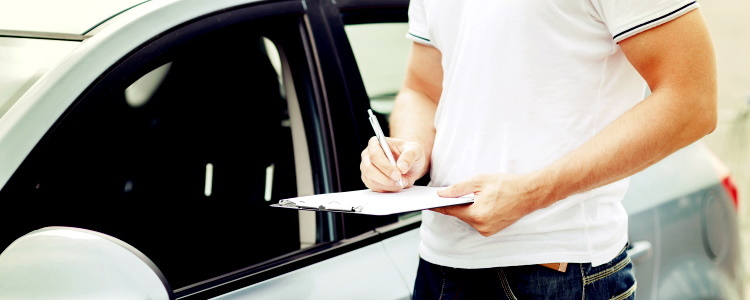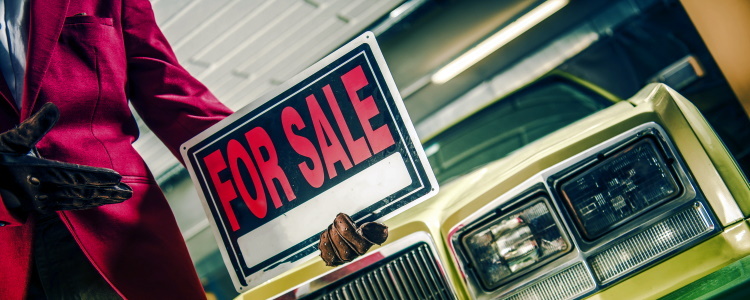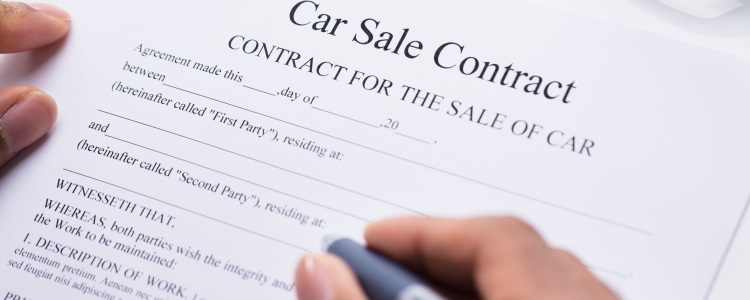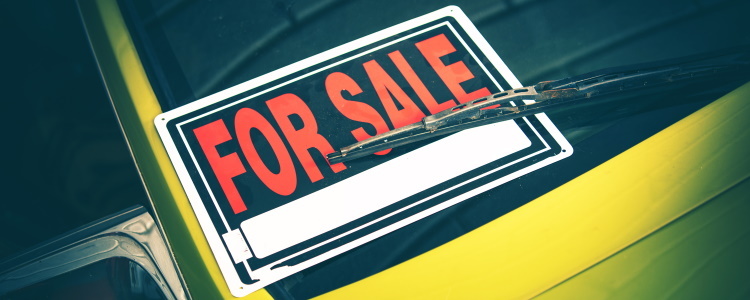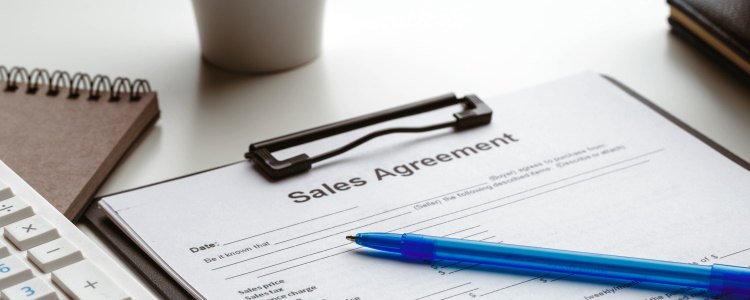Buying a car from a private party could get you a good deal, but it can be tough to get approved for vehicle financing if your credit score is poor. Here’s the scoop on direct auto loans for private-party vehicles.
Private-Party Auto Loans
To get a car loan to pay for a private seller’s vehicle, you need a direct auto loan. They're a little different from the third-party loans you get through lenders that are signed up with dealerships, such as subprime lenders and the captive lenders of automakers. They typically only deal in vehicle financing for cars on a dealer’s lot.
Direct lenders include credit unions, banks, and online lenders. While these lending institutions are plentiful, they’re not always able to assist borrowers with poor credit.
Many direct auto lenders require a credit score above 660. Borrowers with tarnished credit histories may even have some trouble financing a private seller’s car if their credit score meets the cutoff. It all depends on the auto lender you’re working with.
If you have a history with a particular financial institution it may increase your approval odds, though. For example, credit unions may be able to work with you in some circumstances because they’re member-owned. If you’re a long-standing member of your credit union and your accounts have historically been in good shape, then they may be willing to work with you despite a less than perfect credit score. But again, this isn’t a guarantee.
Private Seller Vehicles Can Be Risky
 Aside from the potential struggle of getting approved for an auto loan with poor credit, private-party cars come with a little bit more risk than a car from a dealership.
Aside from the potential struggle of getting approved for an auto loan with poor credit, private-party cars come with a little bit more risk than a car from a dealership.
Typically, vehicles off a dealer’s lot have been inspected, prepped for sale, have clean titles, and may even come with a vehicle history report and service records. Dealerships prefer to sell cars in good condition, and because they’re a little more thorough in their lot selection, it can provide more security to the lender that the vehicle is a good investment.
Private sellers, on the other hand, can make a direct lender wary. You may have to schedule a third-party vehicle inspection of the private seller’s car before you can be approved for a loan. A vehicle that’s at risk for mechanical failure isn’t a good investment for you or the lender.
Additionally, direct lenders have age and mileage vehicle requirements that must be met in order to qualify for financing. If the private-party car you’re looking to buy is on the older side (10 years or older), it could be tough to get approval.
Dealership May Be a Better Choice for Bad Credit Borrowers
If your heart is set on a private seller car but your credit is worse for wear, you may run into a few roadblocks getting financing. Not only can direct lenders be hesitant to approve a loan to a borrower with credit issues, but a private-party car comes with its own set of challenges since it may not be in as good a condition as a franchised dealer’s selection.
While it’s possible to get a good deal on a private seller’s vehicle, since they don’t have overhead like a dealership, the risk of purchasing a lemon is there. There’s this risk with a dealership as well, but remember, they’re often inspected before sale.
When your credit score isn’t the greatest, it may be worth your time to consider subprime financing. Subprime lenders are bad credit auto lenders signed up with special finance dealerships. They often assist borrowers in unique circumstances, such as bankruptcy, no credit, first-time buyers, and more. Applying with direct auto lenders that can’t help bad credit borrowers can lead to wasted time, energy, and be mentally exhausting. Skip all that and work with us at Auto Credit Express!
If you're in need of a vehicle now, then fill out our free auto loan request form today. We’ll do the work of looking for a special finance dealership in your local area with no cost and no obligation.
